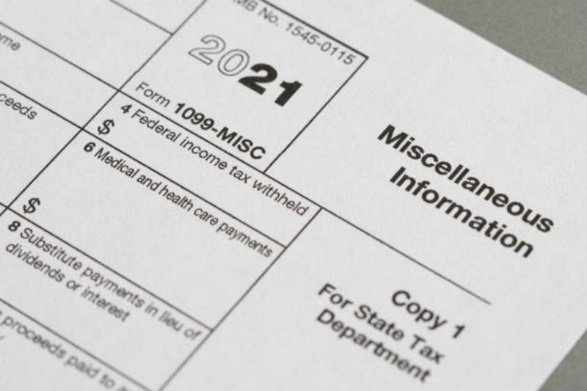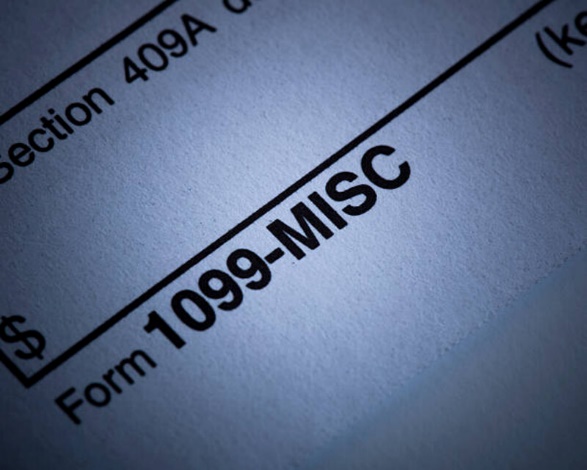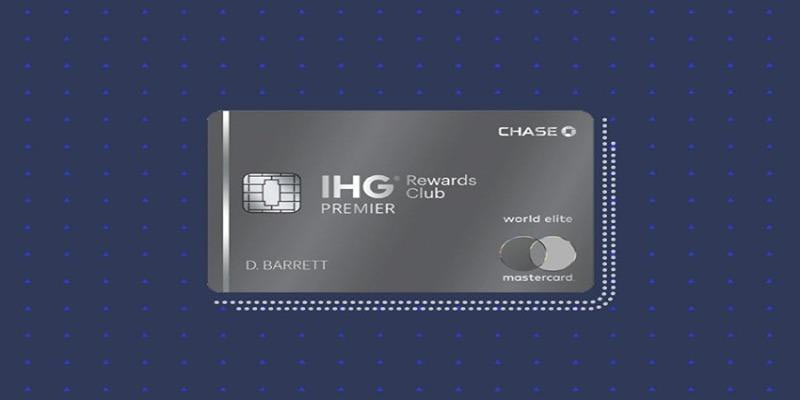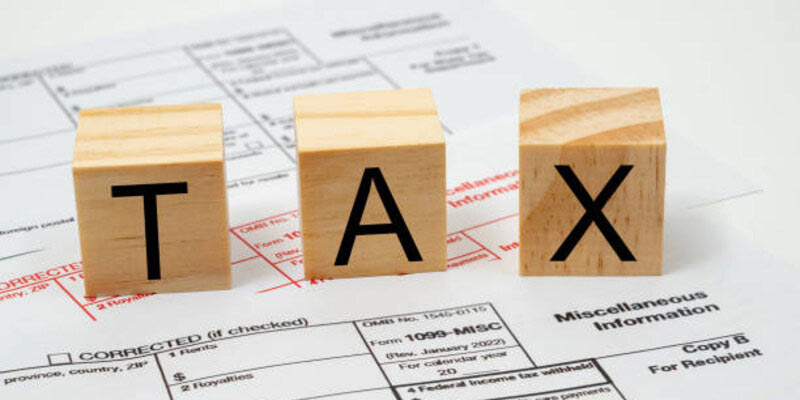Everything You Need to Know About Understanding Form 1099-MISC
Jul 31, 2024 By Rick Novak
Form 1099-MISC is a form used by the Internal Revenue Service (IRS) to report income that does not fall under other forms of taxation. This form is often used for contractors, freelancers, and independent business owners who work with businesses or individuals on a contract basis. It's essential for both parties involved in a contract to understand how to complete and file Form 1099-MISC so they can remain compliant with IRS regulations. This guide will provide an overview of Form 1099-MISC, its key components, and what it means for those required to submit it.
What Is Form 1099-MISC?
Form 1099-MISC is an information return that certain businesses and other organizations must file with the Internal Revenue Service (IRS). It is used to report payments made to individuals who are not company employees, such as independent contractors, freelancers, and other self-employed persons.
Form 1099-MISC must be filed if an individual or organization makes payments of $600 or more in a year for services performed for the payer—including rents, prizes, and awards, other income payments, medical and health care payments, substitute payments instead of dividends or interest, nonemployee compensation from fishing activities, section 409A deferrals, etc.
How to Complete Form 1099-MISC:

Form 1099-MISC includes several items that must be filled out correctly for the IRS to process the return. The form consists of fields such as
- payer's name and address
- payee's name and address
- payment amount
- type of income (e.g., rent, awards, or prizes), etc.
To accurately complete Form 1099-MISC, both parties must have readily available specific information. For example, the payer must provide their federal tax identification number (EIN). In contrast, the payee must supply their Social Security or other taxpayer identification numbers (TIN). Additionally, both parties should agree upon the payment amount before filing Form 1099-MISC, so there are no discrepancies later on down the line.
When Is Form 1099-MISC Due?
Form 1099-MISC must be filed by January 31st of the year following the payment. For example, if a payment was made in 2020, Form 1099-MISC will be due on January 31st, 2021. It's important to note that these deadlines are flexible: depending on the situation, certain forms may need to be submitted earlier than expected.
How to Maximize Your Tax Benefits with Form 1099-MISC?
Form 1099-MISC can be an excellent tool for maximizing your tax benefits. As an independent contractor, you will not automatically receive all the same deductions as employees; however, Form 1099-MISC allows you to claim certain expenses related to your business, such as office supplies, travel, and other costs; otherwise, not be deductible on your taxes.
If you have any retirement accounts such as IRAs or 401(k)s, contributing money from Form 1099-MISC payments may be beneficial in reducing your overall tax burden.
Avoiding Common Mistakes When Filling Out Form 1099 MISC:
Filling out Form 1099 MISC can be daunting, but ensuring the form is completed accurately is essential to avoid costly mistakes. Common errors that could lead to an IRS audit include
- incorrect Social Security numbers, dollar amounts, late filing, and incomplete information.
- To reduce the likelihood of these mistakes occurring,
- make sure you double-check all information before submitting your form.
Keep copies of any documents related to Form 1099-MISC for your records; this will make it easier if you need to reference them in the future.
The Ins and Outs of Reporting Payments on Form 1099 MISC:

Form 1099-MISC is crucial for reporting payments to nonemployees, so it’s essential to understand the ins and outs of completing this document before filing. Be sure to fill out all required fields accurately and on time. Additionally, if you are an independent contractor or self-employed individual, you may be able to take advantage of the deductions associated with Form 1099-MISC to maximize your tax benefits.
By researching and adequately preparing your documents, you can ensure that your Form 1099-MISC filing process goes as smoothly as possible.
Critical Dates for Paying Taxes with a Completed 1099 MISC form:
Once you have completed Form 1099-MISC and have the proper documentation, it’s time to submit your return. Depending on the payment type, there are different deadlines for filing taxes after receiving a Form 1099-MISC.
If you received payments such as rent, royalties, health care payments, or other types of nonemployee compensation, then the due date is April 15th of the year following the price. On the other hand, if you received payments from fishing activities or section 409A deferrals along with any dividends or interest income, the due date is March 15th of the year following the price.
Adherence to these dates is essential to avoid penalties from the Internal Revenue Service (IRS). You may be charged interest and late fees on unpaid taxes if you miss the deadline.
Conclusion:
Form 1099-MISC is a basic form for reporting payments to nonemployees. Filing your Form 1099-MISC correctly and on time will ensure no discrepancies later on down the line and help you maximize your tax benefits. To stay compliant with IRS regulations, ensure you understand vital deadlines, such as when to submit your return and pay any taxes owed. By following these guidelines, you can ensure that your filing process goes as smoothly as possible.
FAQs:
Q: What are some common mistakes to avoid when filling out Form 1099-MISC?
A: Common errors that could lead to an IRS audit include incorrect Social Security numbers or dollar amounts, late filing, and incomplete information. To reduce the likelihood of these mistakes, double-check all information before submitting your form.
Q: Are there any deductions associated with Form 1099-MISC?
A: Yes! If you are an independent contractor or self-employed individual, you can take advantage of the deductions associated with Form 1099-MISC to maximize your tax benefits. Researching and adequately preparing your documents can ensure everything is filed correctly.

IHG® Rewards Club Premier Credit Card Review

How To Pay Taxes If You're Overseas

Everything You Need to Know About Understanding Form 1099-MISC

A Closer Look at Form 8606 and its Implications

Find out how to short the S and P 500 index and protect your portfolio from a potential market downturn.

Personal Loans vs. Car Loans: Which is Right for You?

Medical vs. Financial Power of Attorney: What You Need to

How to Calculate Marginal Propensity to Save

Why Is It Easier to Find a Job While Employed?

